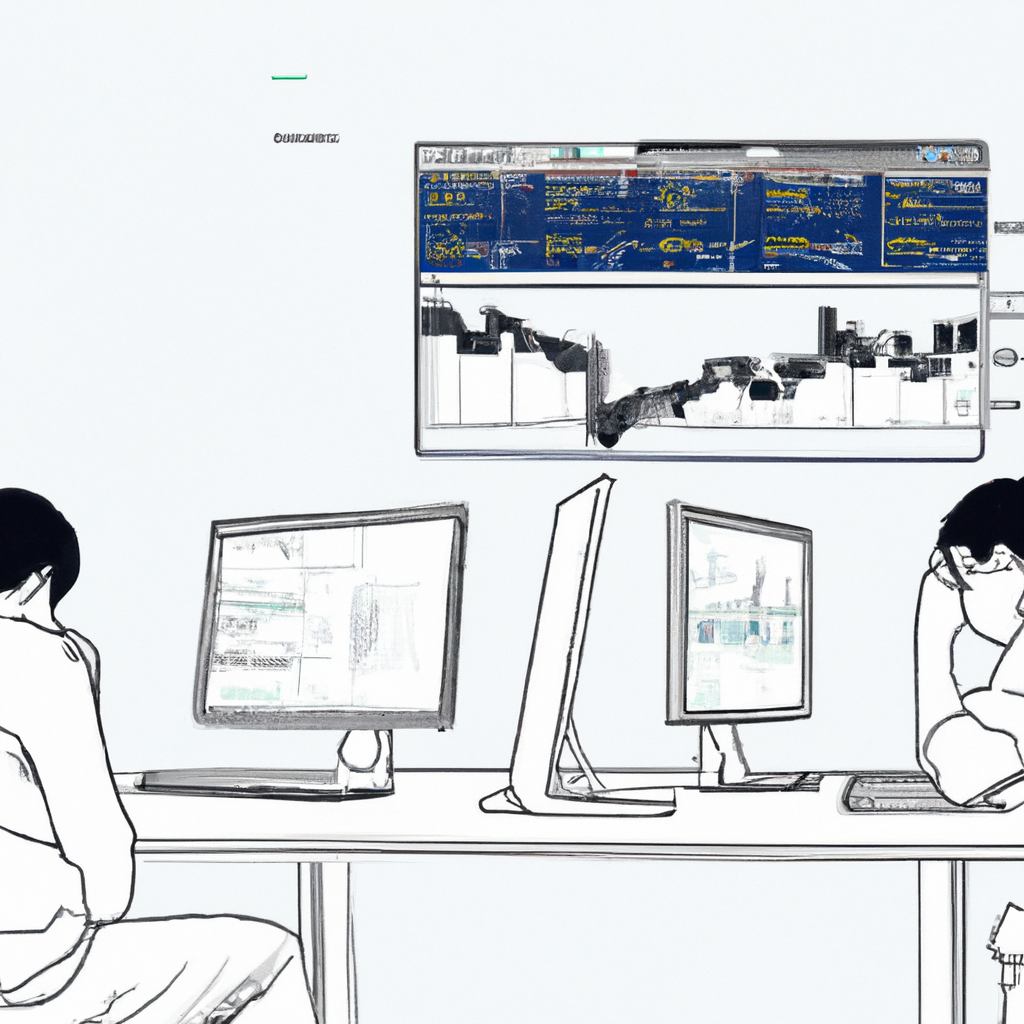The cryptocurrency market took a hit Wednesday amid a big sell-off that was predominantly driven by the leading crypto assets such as Bitcoin, Ethereum and Solana. In the last 24 hours, the total market cap declined 3.3% to around $2.04 trillion. Bitcoin traded 2.5% down to $55,667, while Ethereum had 2.6% decline to $2,916. The bearish sentiment prevailed in the market due to macroeconomic uncertainty and massive movements of Bitcoin from Mt. Gox to various wallets and exchanges in the last few days, which alarmed the market sentiment. The CoinDCX Research Team noted a tendency of a sideways market in the near future, whose direction would be heavily influenced by upcoming U.S. CPI data.
Market analysts noted that Crypto Fear & Greed Index fell sharply, hitting its lowest since January 2023, adding fuel to the growing fears of investors in the market. Other major digital tokens including XRP, Dogecoin and Cardano also went down by as much as 7.2 per cent. Market analysts also pointed to the wild swings indicating a mix of demonic forces. As noticed by ZebPay Trade Desk, BTC’s rally was followed by a 25 per cent correction to $53,485, and reaching the crucial support zone between $52,000 and $50,000. We might have the first signpost pointing in the direction the market might be taking, depending on how these levels hold on.
To summarise, volatility remains in the crypto market, with bears firmly in command of the most recent trading sessions. Investors and analysts are carefully following the movements of economic indicators and various government actions, as these may play a decisive role in determining where valuation levels for crypto go next. The coming days will tell whether or not there is enough support from buyers to maintain the lines of defence for Bitcoin and the other majors, or if the market will continue to fall for a while more.
Source: Economic Times


